
Will Americans Support Trump's Plan To Hike Tariffs On Foreign Goods? The Answer Is 'Maybe': I&I/TIPP Poll
Tariffs Are a Trouble Spot for Trump, but Also an Opportunity.
Terry Jones is editor of Issues & Insights. Before that he served as editorial page editor for Investor’s Business Daily. A graduate of UCLA, he lives in Los Angeles.

Tariffs Are a Trouble Spot for Trump, but Also an Opportunity.
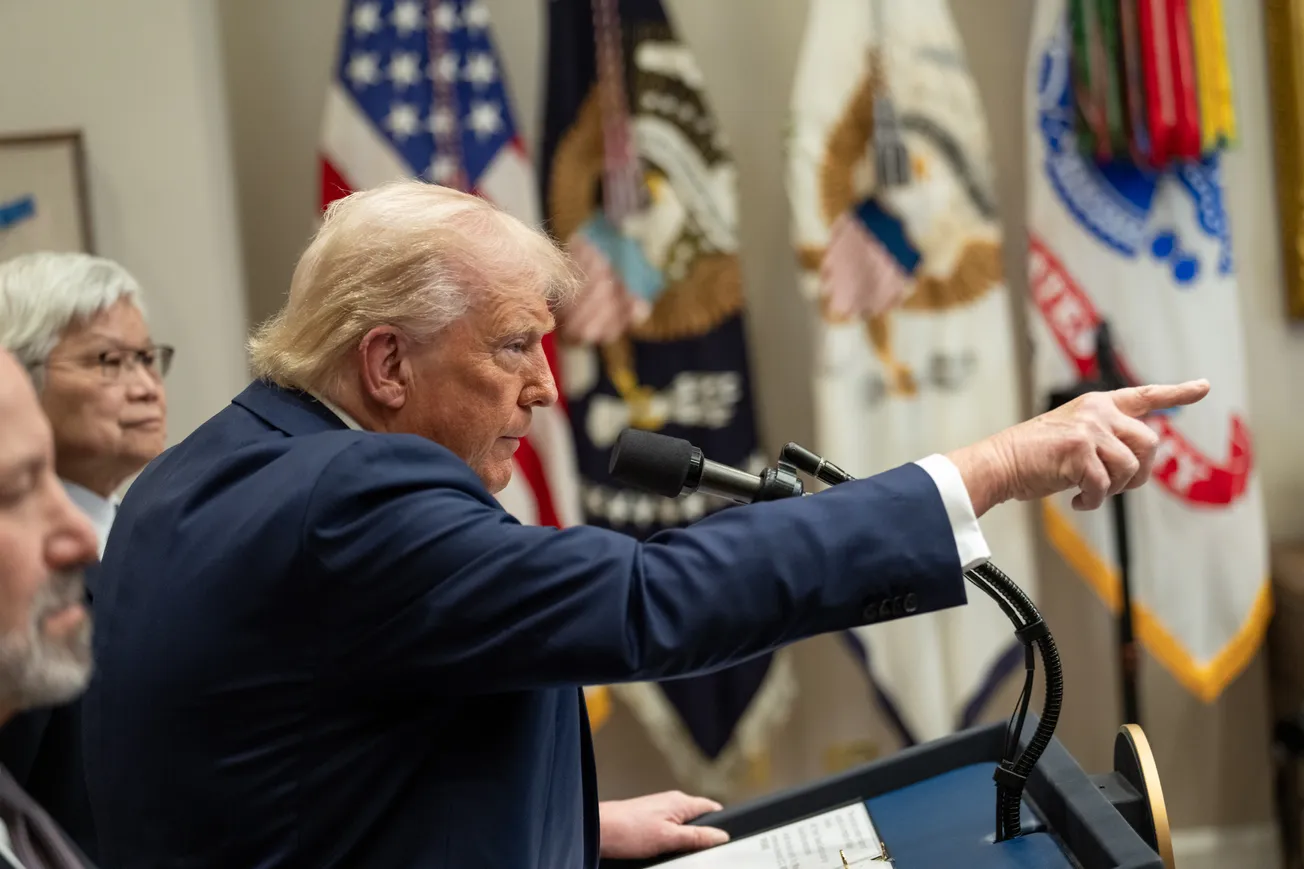
Even the Left Knows the Media Reviles Trump — His Bold Style and Broad Appeal Keep Him in Their Crosshairs.

The Voting Public Is Deeply Cynical About How Government Spends Its Tax Dollars.

56% Support Federal Workers To Submit Weekly Reports.
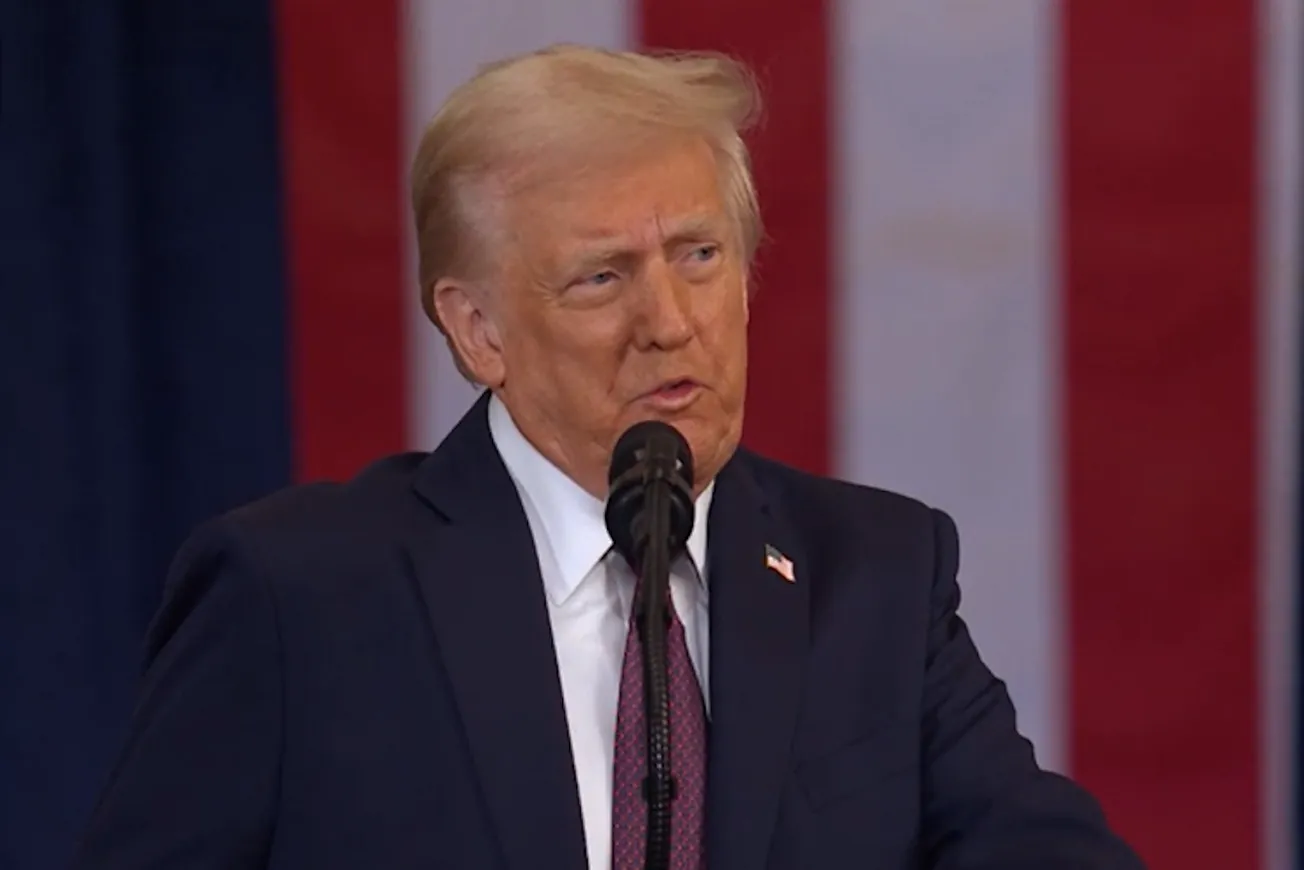

Lack of Clear, Transparent Scientific Data and Perceived Hypocrisy of Leaders and Activists Fuel the Distrust.
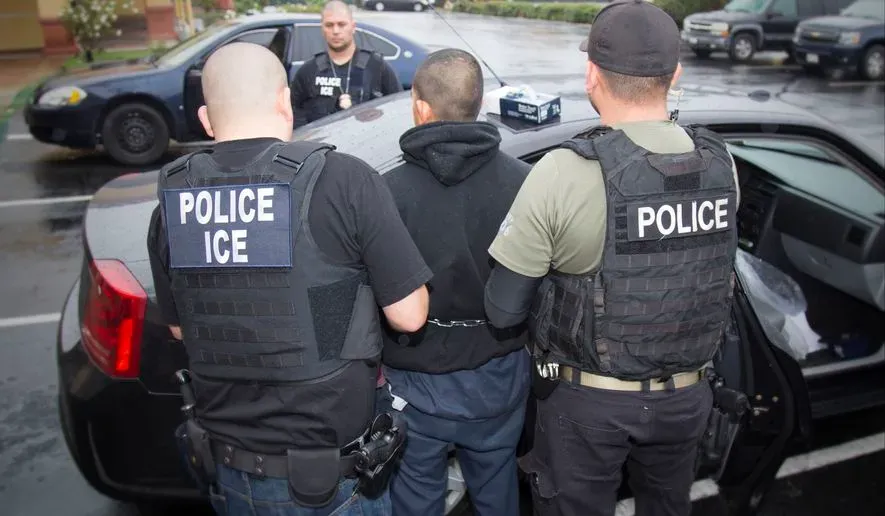

Is DeepSeek a Wakeup Call in AI?
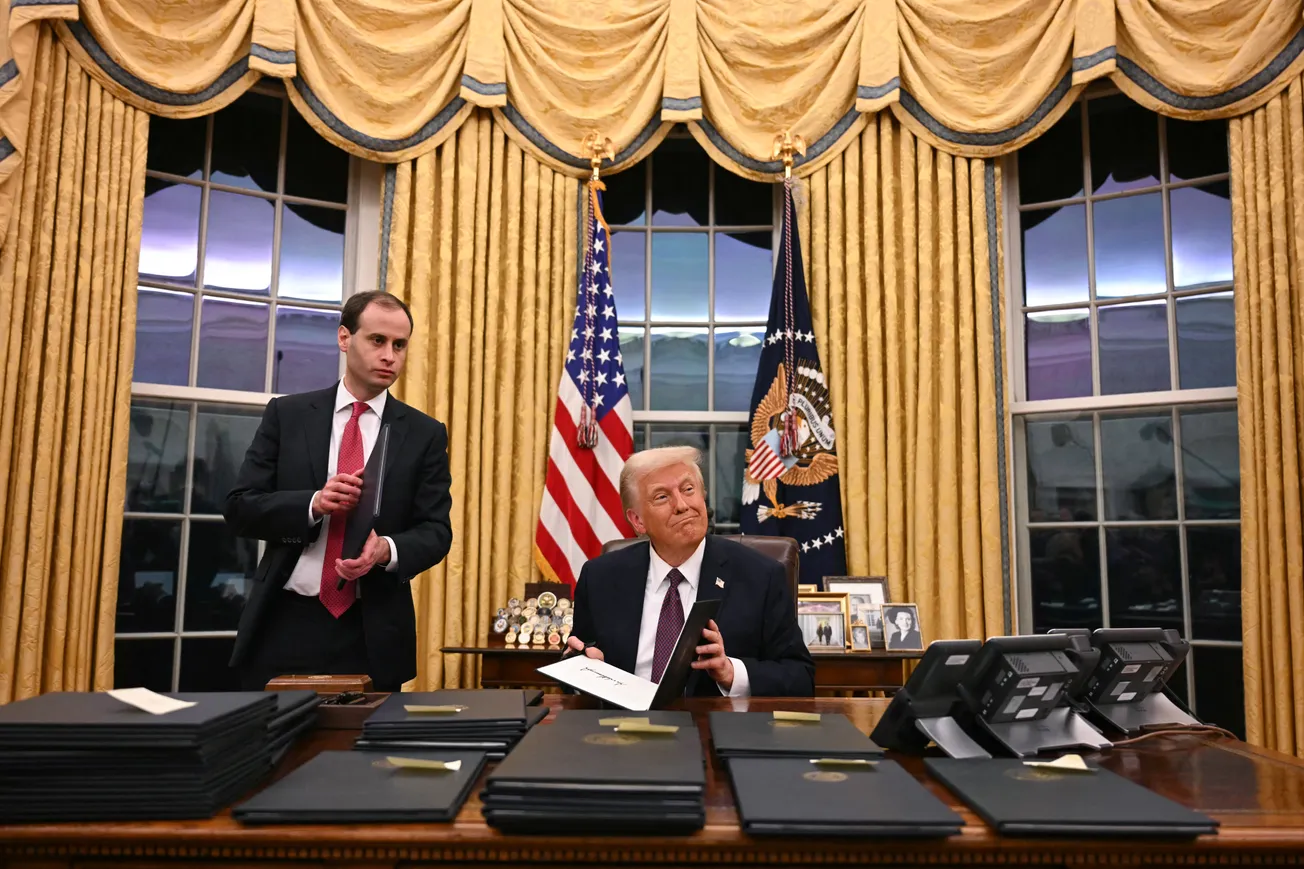
Trump’s Flood of Orders Is Satisfying Average Voters’ Demand for Action From the New Administration.
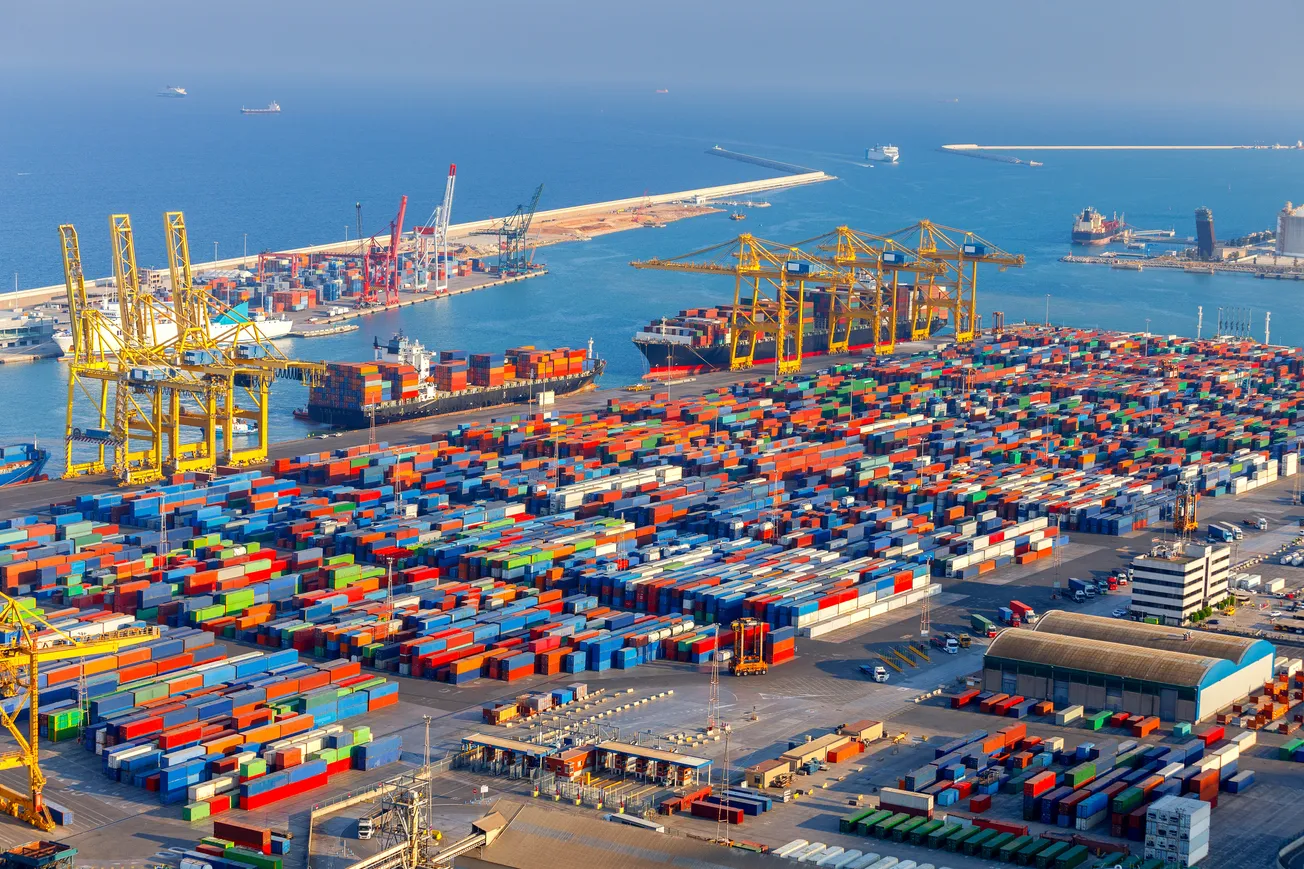
Whether Trump expands tariffs or replaces income tax with them, one thing is clear—average Americans support it.

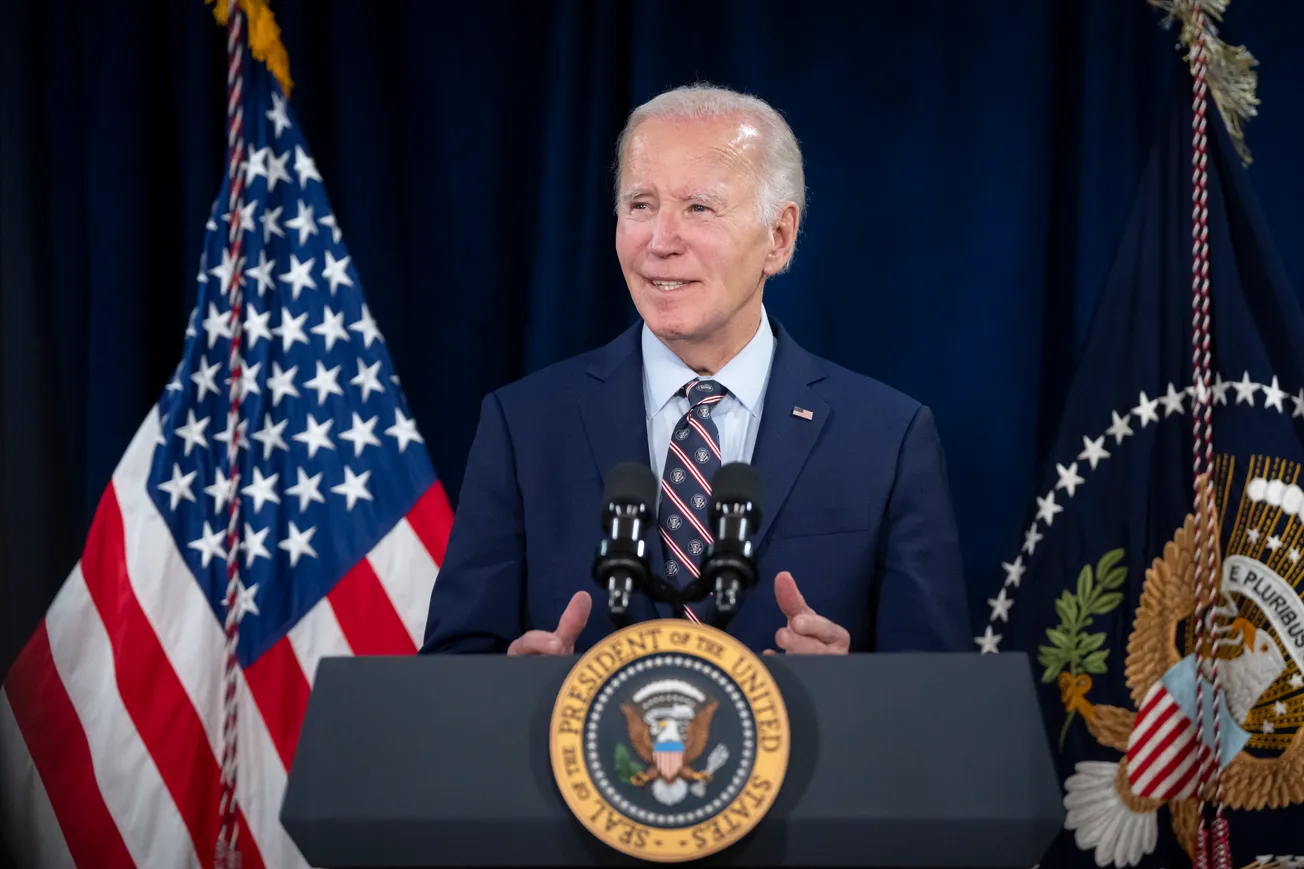
Biden Earns a D on Leadership Across Key Issues as He Leaves Office.
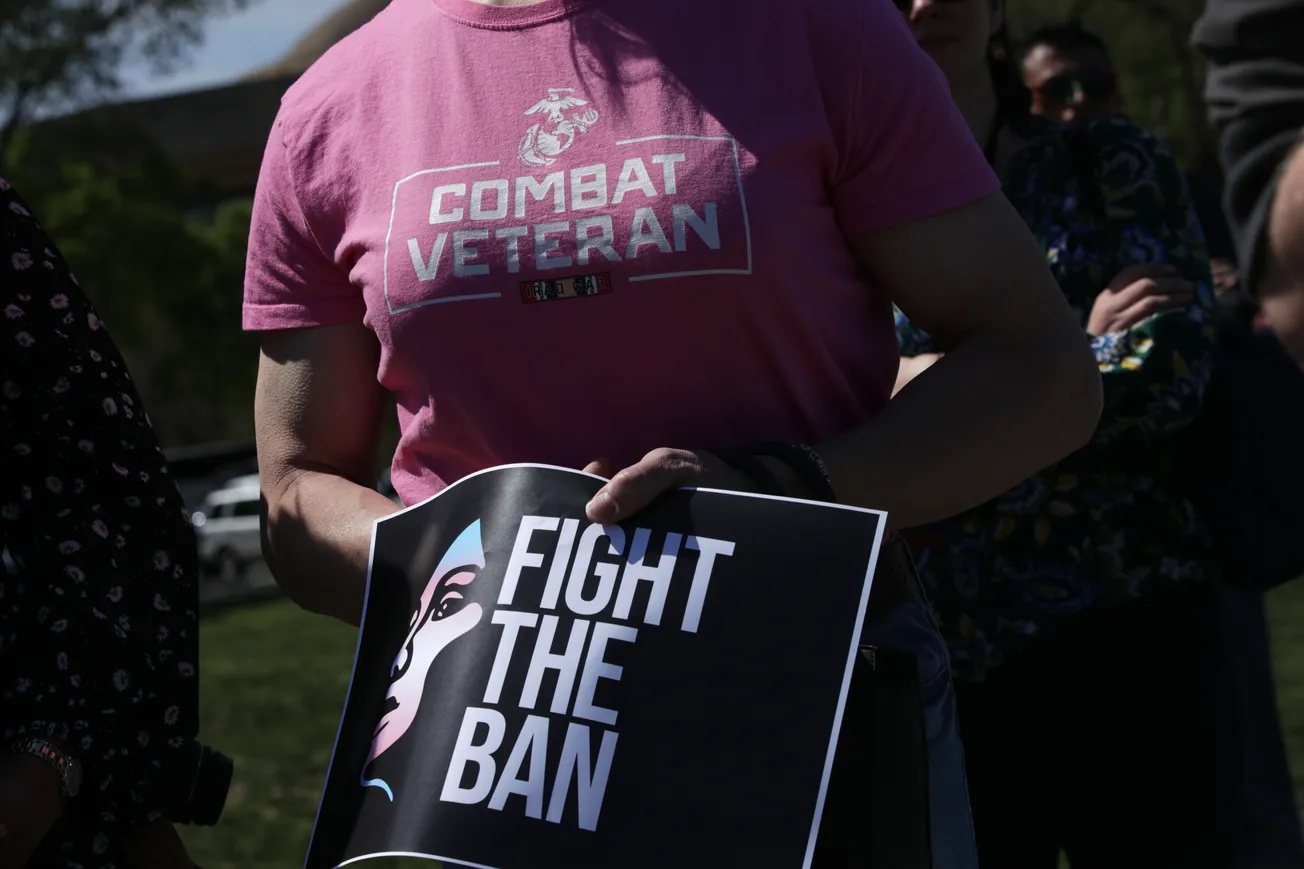
Political Fight With Potential To Ignite Another Cultural Firestorm.
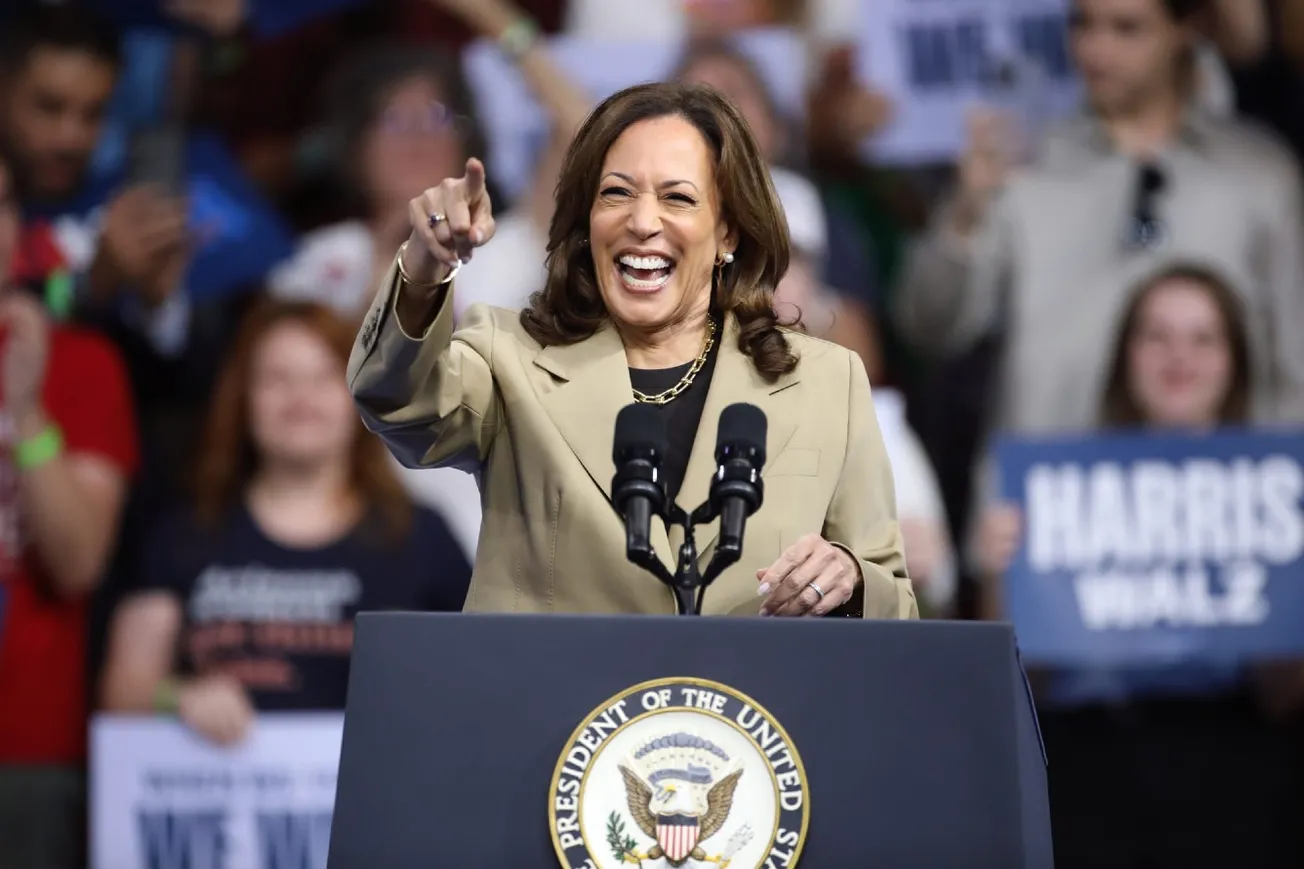
What Will Harris Do Next As She Declares, "You Haven’t Seen the Last of Me, I’m Not Going Quietly"?

Trumpian negotiating ploy that has exporters worried.
